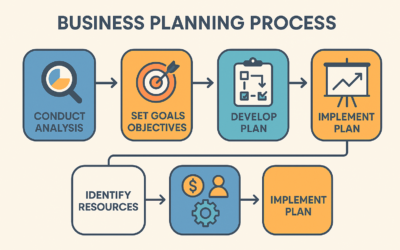The Nobel Committee awarded the memorial prize in economics this year to Richard Thaler, a prominent economist from the University of Chicago. The winner’s choice this year was interesting, especially because Thaler’s area of research contains a treasure trove of insights small businesses can take advantage of.
Even people who are not economists are familiar with Thaler’s work. In 2009, he wrote a book called “Nudge,” which is considered the bible of behavioral economics, Thaler’s area of research. Global Resources LLC consultants have learned a lot from this book. Behavioral economics uses what we know about human psychology to formulate economic theories and action. The basic premise here is surprisingly simple: humans are irrational. If an economist, or a small business, wants a person to take a certain action, a “nudge” is required.
Thaler’s work has serious implications for governments, policymakers, and companies. Thaler showed that people’s actions are not driven by what scientists might call “rational.” He demonstrated this by showing that people use lower gas prices to save money, only to use the saved amounts on premium gas. People readily buy a cheap $3 mug, but will not sell it back for $6. Thaler’s work was remarkably demonstrated with a famous retirement plan experiment.
When people are offered the option to sign up for an employer-provided 401(k) retirement plan, the sign-up rate was quite low. Thaler argued that people do things when performing the action is as simple and pain-free as possible. He suggested that to improve the rate of employees on retirement funds, companies should automatically sign them up for the 401(k) plans. Provide the option to opt out, not opt-in. When policymakers put this theory into effect, amazingly enough, the rate of employees on retirement plans rose incredibly. People simply didn’t want to bother with the opting out process.
Therein lies the main lesson small businesses should learn. Companies that want to increase sales should make the buying process as simple and easy for the customer as much as possible. Want to increase the number of customers on an email list? Design a one-click sign-up process. Better yet, add existing customers to an emailing list and give them the option to unsubscribe. Most won’t.
Nudges, as Thaler explained, can be both simple and complex. The British government found that people were more likely to pay vehicle registration fees if the bill included a picture of a car. Likewise, small businesses should start utilizing nudges that get people to take a certain action. It could be as simple as removing an existing obstacle. To design pain-free buying processes and increase sales according to behavioral economics, you can consult with us at GR-US.com.

0 Comments